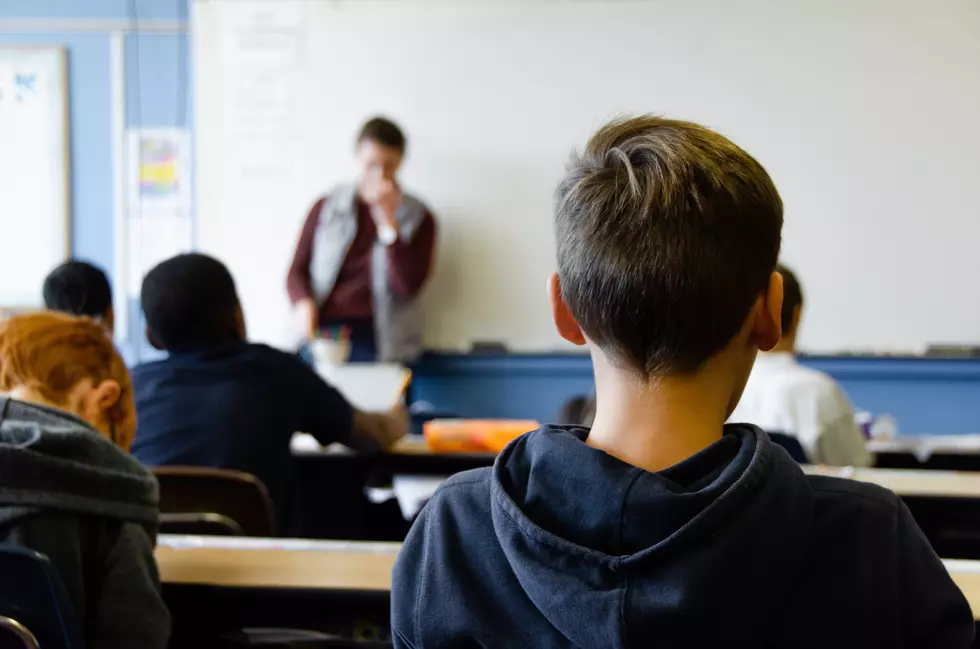
Three Solutions That Could Fix Idaho’s Teacher Shortage
It’s no secret that Idaho has struggled with education. Idaho ranks dead last of all the states in student spending. If you ask any teacher, they’ll tell you at length that Idaho teachers are not paid enough when compared to their counterparts in other states. Add that to the fact that the overall job market is more competitive, it’s no surprise that Idaho is short on teachers in both the public and private sectors. This shortage is only expected to grow in the coming years, as more and more baby boomers retire from their teaching positions. We know what the problem is, so what might we do to fix it?
Here are three possible solutions to help shore up Idaho’s teacher shortage
Better Pay
This seems like an obvious choice. We ask a lot of our teachers, and I can’t think of any reason why we wouldn’t want the educators of our children to be well compensated. If you offer higher salaries, you’ll attract better-qualified candidates and reduce turnover. This is common in any industry, whether you’re talking about education, medicine, or manual labor. The challenge here is that money is finite, budgets are stretched thin, and Idaho schools are contending with the increasing cost of student and faculty safety.
Alterations to the curriculum
I was surprised to learn that many of Idaho’s schools still offer classes like Home Economics. I don't necessarily have a case for this particular subject, but when we’re short on educators, is it time to take a close look at electives and make hard decisions about what subjects need funding? When we can easily find recipes and tutorials on YouTube, I don’t know that we need to spend tax dollars teaching our kids to make pancakes.
More options for students outside of traditional education
The academic route isn’t necessarily the best option for every student. Consider more options for students who wish to explore trades, and those opportunities could be offered to kids sooner rather than later. I know many successful dropouts who went into a trade and are making a handsome living, paying their taxes, and loving life. This idea might not sit well with many educators, but the notion that every kid needs to finish high school, go on to college, then get a job is outdated. I’m not saying that kids should be allowed to drop out of school on a whim, but I am suggesting that there are other routes to a life of contribution.
Artificial Intelligence could replace or supplement teaching and administration
AI technology is still in its early stages, but it has the potential to revolutionize the field of education. In some ways, it might even be better and more reliable than its human counterparts. AI doesn't call in sick, it doesn't care how many hours it works, and it doesn't complain about the pay. Then again, it doesn't care about anything, does it?
One way that artificial intelligence could help deal with this shortage is by providing more personalized instruction to students. AI technology is becoming increasingly sophisticated and can now provide customized learning experiences for each student.
Another way that AI could help is by taking over some of the administrative tasks that teachers are currently responsible for. For example, AI could be used to grade papers or create lesson plans. This would allow teachers to focus on more important tasks, such as interacting with students and providing them with personalized instruction.
The fact is that AI will soon be integrated into every industry, so you can choose to adapt on your terms or let it happen without you.
These solutions are comprehensive and above reproach
Of course, they aren’t. I’m just one guy with ideas and opinions who cares. The future of education is paramount and if you’re an educator, you no doubt have strong opinions about how to deal with teacher shortages. Share them. The only thing I’m suggesting is throwing money at the problem alone, won’t fix it. What say you?


